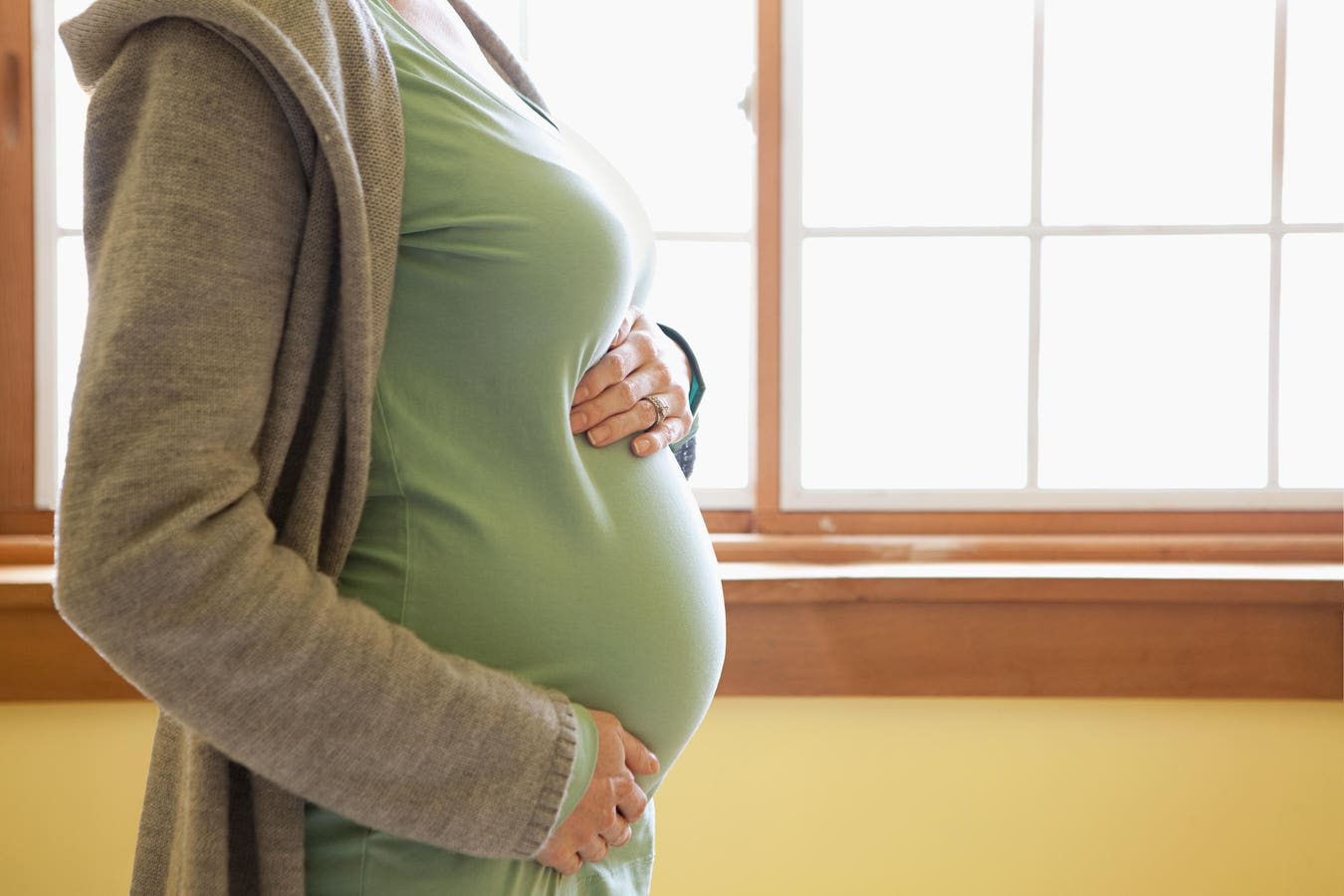Health
Smoking during pregnancy at an all-time low in England

A pregnant woman cradles her belly.
Smoking during pregnancy in England is at its lowest level since records began. official statistics show.
About 7.4% of expectant mothers smoked when their pregnancies ended between April 2023 and April 2024. That’s a decrease of 1.4% – or about 6,000 women – compared to the previous year.
The number of smokers in England has been falling for decades. But it remains a major public health problem: just over 11.2% of adult women and just under 15% of men still smoke, according to the latest figures from the Office for National Statistics.
Smoking causes countless devastating diseases, including cancer, heart disease, lung disease and stroke. According to British sources, this is thought to be responsible for around three in 20 cancer cases and six in 20 cancer deaths in Britain. campaign group Action against smoking and health.
In pregnant women, smoking can also affect a growing fetus.
Cigarette smokers inhale carbon monoxide, which can limit the amount of oxygen that reaches a fetus in the womb. This increases the risk of miscarriage, stillbirth and cot death.
More often among younger and more disadvantaged women, helping pregnant women to stop is a key focus for public health officials in England.
All pregnant women who smoke are currently eligible for free nicotine replacement therapy and carbon monoxide exposure checks.
The vast majority of maternity care is provided by the country’s public healthcare system, the National Heath Service. More than 90% of NHS maternity care providers currently offer dedicated smoking cessation services to their patients.
“It is extremely encouraging to see that the number of pregnant women smoking has reached an all-time low, thanks in part to our brilliant teams of midwives and the specialist support we provide to expectant mothers through our maternity services,” said NHS England’s chief midwife. Kate Brintworth said in a statement.
“We want to help even more pregnant women kick the habit and will continue to provide dedicated support to everyone who uses our maternity services,” she added.
Smoking rates are a key target for the UK government. The habit is thought it would cost It costs England around $65 billion (£50 billion) a year in lost productivity and health and social care costs.
It is also a cause of health inequality, accounting for approx half the difference in life expectancy between the most and least advantaged Britons.
In 2019, lawmakers announced a plan to create a ‘smoke-free England’ by 2030. This would be achieved if less than five percent of adults smoked.
The goal has already been heavily scrutinized, with a target set for 2022 independent assessment The conclusion was that the government would probably miss its target within seven years. In the poorest parts of the country this would not be the case until 2044.
Lawmakers hope a landmark bill on tobacco sales will boost their chances of achieving “smoke-free” goals.
Originally announced by the country’s former conservative government, the law would make it illegal to sell cigarettes and other tobacco products to anyone born on or after September 1, 2009.
Shortly after the general election in July, the new Labor government said it would reintroduce the bill, which has yet to pass the country’s parliament buildings.













